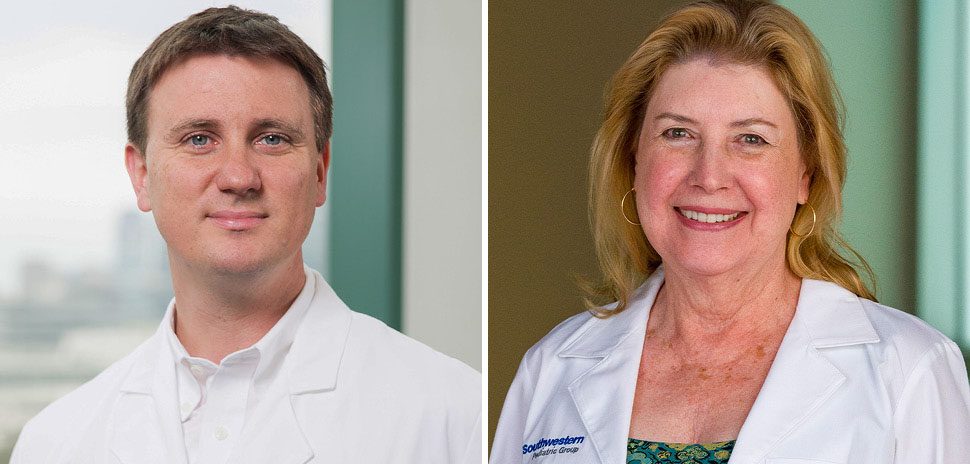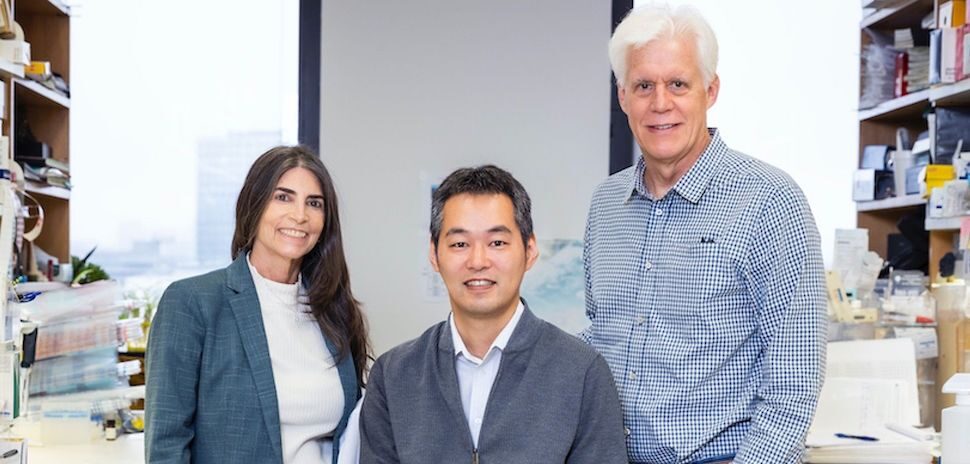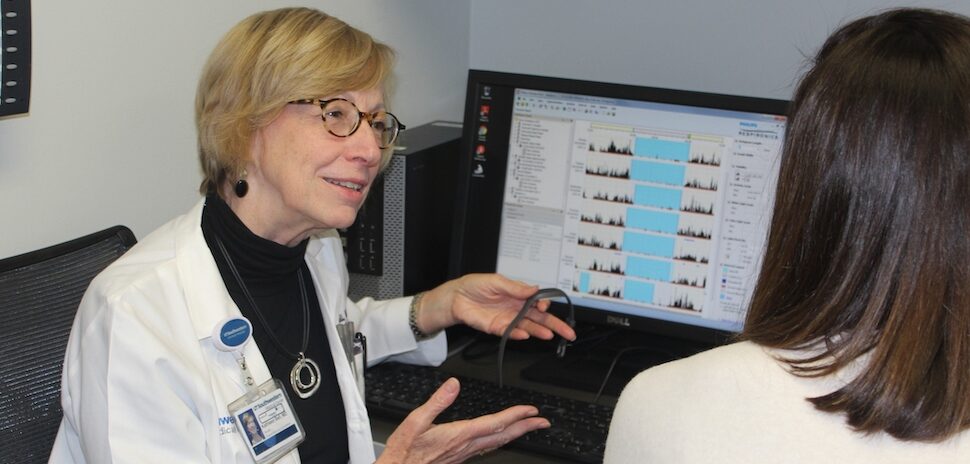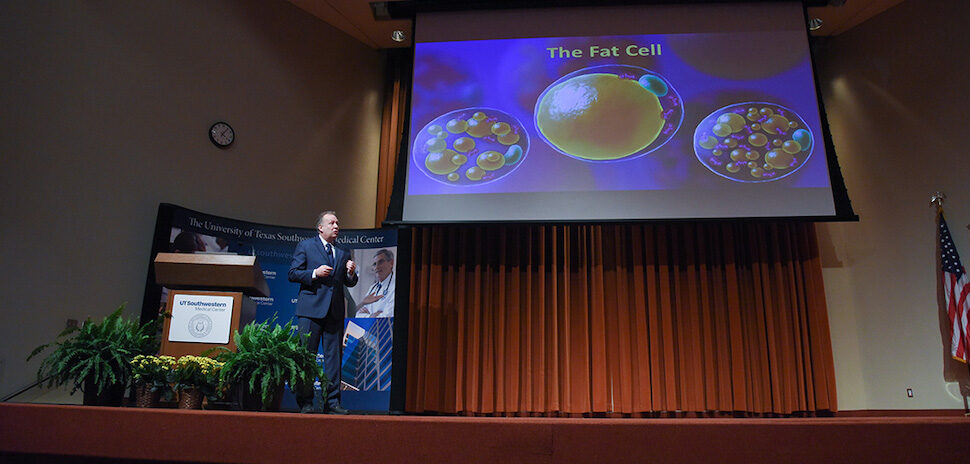Gene therapy clinical trials at UT Southwestern Medical Center for three rare diseases are being funded by a consortium of government, industry, and nonprofit partners, UTSW announced.
Scientists are working at UT Southwestern on gene therapies to treat neurodevelopmental disorders in children, the center said.
“There are over 10,000 rare diseases that affect millions of people worldwide, and most of them are genetic. Because the vast majority of these diseases affect just a small number of patients, they’re viewed as having minimal commercial interest,” Steven Gray, Ph.D., associate professor of pediatrics, molecular biology, and neurology in the Eugene McDermott Center for Human Growth and Development and director of UTSW’s Translational Gene Therapy Core, said in a statement.
UTSW said that testing on a total of eight genetic diseases was approved for funding by the Bespoke Gene Therapy Consortium (BGTC), a public-private partnership among the National Institutes of Health (NIH), the Food and Drug Administration (FDA), biopharmaceutical and life science companies, and other organizations.
“By creating an open-access playbook for how to initiate and carry out gene therapy clinical trials for these types of rare diseases, BGTC will make this process substantially easier,” Gray added.
BGTC was launched in 2021 and aims to create a “playbook” to standardize and streamline the process of developing gene therapies and getting them to patients. That’s an undertaking that could speed up the process and reduce costs, UT Southwestern said.
Rare diseases targeted in clinical trials
At UTSW, the funding will expand an ongoing clinical trial on a gene therapy for spastic paraplegia type 50 (SPG50) involving two patients. It’s being led by Susan Iannaccone, M.D., professor of pediatrics and neurology. The new funds will allow the trial to include more patients at additional sites, the center said.
Two new UTSW gene therapy trials funded by the consortium will test treatments for multiple sulfatase deficiency and Charcot-Marie-Tooth disease type 4J (CMT4J).
The center said that each clinical trial will include between eight and 12 patients, mainly children due to the fatal nature of these neurological diseases at a young age. Both trials are in the planning stages, UTSW said.
The clinical trials will use a protocol that Gray developed in preclinical animal models that involves packaging a healthy gene in a harmless virus called adeno-associated virus (AAV) for delivery into patients via injection into the spinal fluid.
A couple of teaspoons of injected material contain trillions of gene-carrying viruses, Gray said.
The healthy gene replaces the function of the damaged or missing gene responsible for the disease, UTSW said. And, because targeted neurons are cells that often live throughout a person’s lifetime, the gene therapy is expected to confer a long-term benefit from a single injection.
Successful gene therapies
UTSW said that work in Gray’s lab has led to gene therapy clinical trials for giant axonal neuropathy, CLN1 Batten disease, CLN5 Batten disease, CLN7 Batten disease, GM2 gangliosidosis, and Rett syndrome.
The center said that other trials funded by the BGTC will treat diseases including congenital hereditary endothelial dystrophy, Morquio A syndrome, NPHP5 retinal degeneration, propionic acidemia, and retinitis pigmentosa 45.
Gray said that in addition to the clinical benefits for patients, a goal of the BGTC program is to increase the efficiency of starting and conducting gene therapy clinical trials by developing standardized protocols for each step in the process.
Although each new clinical trial will focus on a disease with a single-gene origin, Gray said findings from the trials could lead to gene therapies for diseases with a much more complex genetic basis, such as epilepsy or autism.
The BGTC is part of the Accelerating Medicines Partnership in the Foundation for the National Institutes of Health.
Children’s Hospital of Philadelphia will be the lead site for the clinical trial involving multiple sulfatase deficiency. Elpida Therapeutics, a biotechnology company involved in the consortium, is collaborating with UTSW to develop the gene therapy trials for SPG50 and CMT4J.
Gray serves on the board of directors for Elpida Therapeutics.
![]()
Get on the list.
Dallas Innovates, every day.
Sign up to keep your eye on what’s new and next in Dallas-Fort Worth, every day.






























